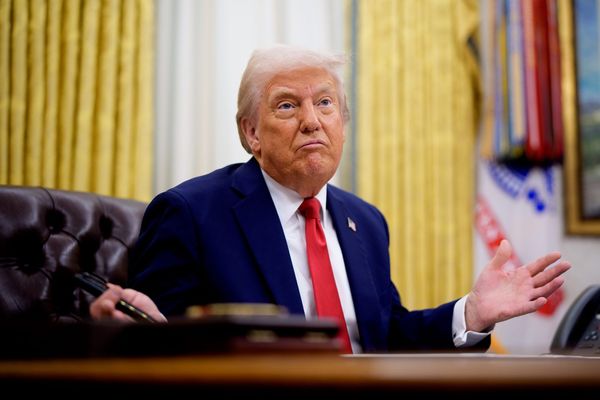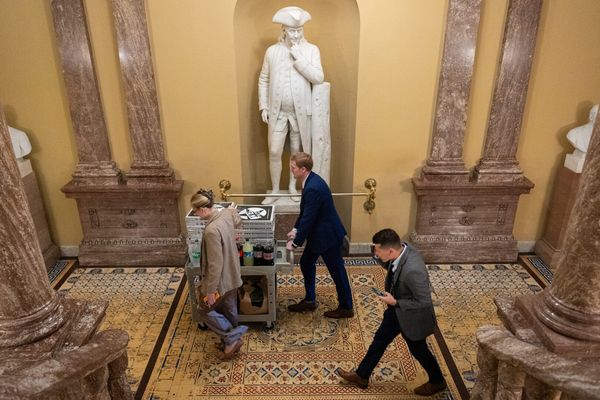Victorians go to the polls on November 26, with the Andrews government seeking a third term.
Labor is the clear favourite, but it is under pressure in a number of seats.
The premier is a polarising figure, especially (although not only) as a result of the trials Melburnians endured with the prolonged harsh lockdowns during COVID.
Victoria will be a fresh test of what we saw in the federal poll – the disillusionment of many voters with the major parties.
There are only several “teal” candidates but their fate will be watched carefully as a measure of whether the movement continues to have momentum.
Main issues in the election include the cost of living, health, and integrity.
In this podcast, we talk with Tim Colebatch, former economics editor of The Age and a keen election watcher, Kos Samaras, a director of the Redbridge Group and former deputy campaign director for Vic Labor, and Sumeyya Ilanbey, state political reporter for The Age and author of Daniel Andrews: The Revealing Biography of Australia’s Most Powerful Premier.
While Colebatch believes this election will be closer than 2018, he can’t see Labor losing its majority. “Labor will govern as an absolute majority unless they lose 12 seats and it’s very hard to see them losing 12 seats.”
He does however, think that the minor parties and the Greens will have a very good night. “Voting for Greens, minor parties and independents has jumped from 22% to 34% and all the evidence suggests it’ll be something like that this time as well.”
Colebatch is scathing of Daniel Andrews’ suburban rail loop project. “It’s a 26 kilometre tunnel in an arc well out of the way from Melbourne. Something like 20, 25 kilometres out of town and it basically links up a number of marginal Labor seats”.
Samaras says “there’s this sizeable portion of the voters out there who have an issue with the premier as an individual, but equally have the same issue with the opposition leader [Matthew Guy]. So I think it’s going to be a contest of who do they hate the most. And that will then obviously influence their vote […] You’ve got an electorate that is extremely fatigued, suffering what I would define as a form of PTSD that is going to have an impact on the election.”
RedBridge polling suggests cost of living is the major issue, he says. “[In] a recent poll that we just did, for example, we asked people who are experiencing mortgage stress how many more interest rate rises can they cope with before they have to sell their home. 35% of those who are experiencing mortgage stress said ‘one more’ […] We expect the major party vote come Saturday week to be the lowest it has been in Victorian history”.
Ilanbey says the campaign has been “very stage managed and very lacklustre”. She believes “people have got a better insight into Daniel Andrews [compared to 2018], particularly because of those pandemic press conferences. You know, his ruthlessness, his work ethic, his drive, his relentlessness.”
But she doesn’t think the Murdoch media’s attacks have had an effect on him, citing the negative coverage of the government in 2018. “And we saw Labor not only get re-elected but win in a landslide.”
Michelle Grattan does not work for, consult, own shares in or receive funding from any company or organisation that would benefit from this article, and has disclosed no relevant affiliations beyond their academic appointment.
This article was originally published on The Conversation. Read the original article.







